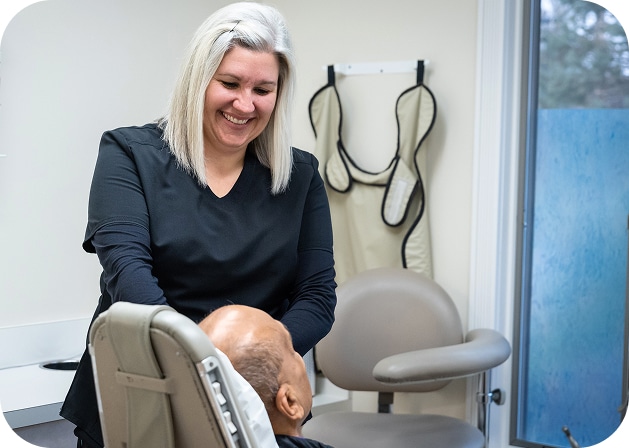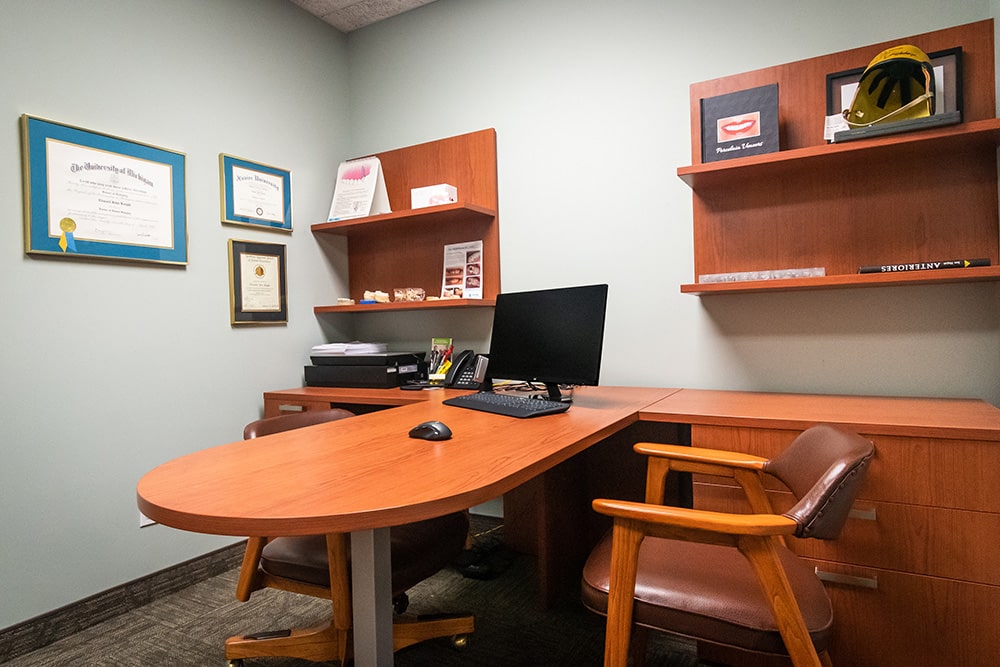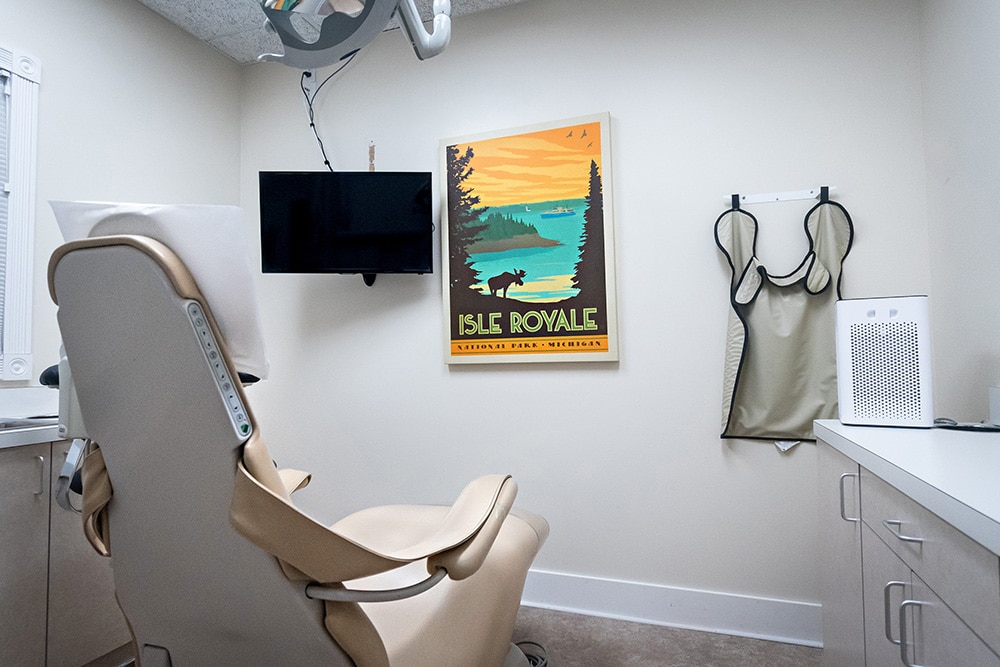Excellent Oral Care for the Whole Family
Top-Rated Dentist in Midland, MI
Dr. Knight and our team provide comprehensive dentistry for all your smile needs. We look forward to serving your family at our Midland, MI, dental office.
Why Choose Our Dental Office?
Compassionate Care You Can Trust
At Knight Dental Care, we provide a personal approach to help you feel confident about your smile. Whether visiting for a routine teeth cleaning or something more complex, like veneers or dental implants, we listen closely to all your concerns. If you have dental anxiety, we can help. Our compassionate team has decades of experience and the skills necessary to deliver exceptional results. Check out our reviews and see why our patients keep choosing Dr. Knight as their dentist in Midland, MI. We hope to help you maintain a winning smile for years to come!
Our Top Services
Meet Our Dentist in Midland, MI
Edward Knight, D.D.S.
Dr. Knight is proud to continue his family’s longstanding tradition of providing family and cosmetic dentistry services in Mid-Michigan! With an eye for cosmetic and restorative treatments, he helps patients of all ages feel confident after improving their smiles.
Dr. Knight is known for his compassionate approach and enjoys making house calls to nursing homes.
Our Happy Patients

4.9

550 reviews

Fixing What Others Couldn’t
Patients come to Knight Dental Care when they need real solutions. If you’re struggling with past dental work, we’ll find the right fix. Give us a call today and we can schedule an appointment to create a personalized treatment plan and transform your smile!
Stories Of Our Approach
How to Choose a Dentist in Midland, MI
Tour Our Office
A Welcoming Environment to Put You at Ease
When you first enter our office, we hope to make you feel completely at ease. With a warm welcome, our team will check you in and invite you to relax while awaiting your appointment. We look forward to seeing you!













